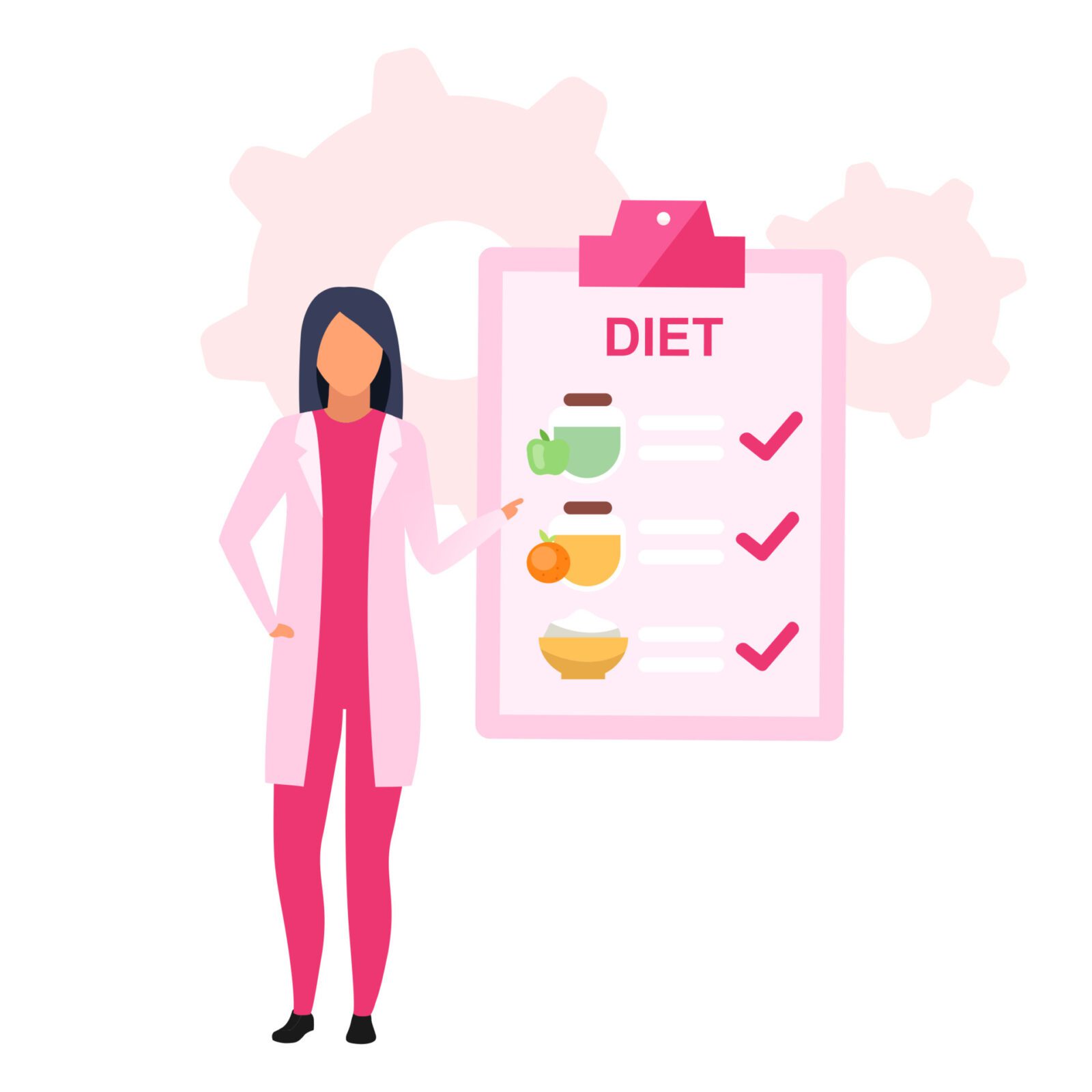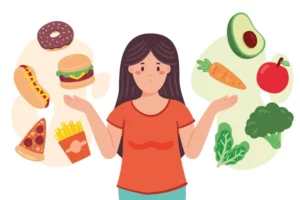As many Americans make diet-related New Year’s goals, some discover that adjusting their eating habits may be an “unpleasant and demoralizing experience”—but it is not always.
David Leonhardt and Tara Parker-Pope provide advice on how to view eating more thoughtfully in two New York Times articles. According to Leonhardt, people should evaluate their dietary habits regularly. This is especially true in the United States, where people are constantly bombarded with big plates, highly processed foods, and food-related commercials.
Parker-Pope recommends establishing a persistent New Year’s resolution to drop dieting and start appreciating your meals instead. These are seven recommendations for a more thoughtful approach to food. To that end, Leonhardt and Parker-Pope propose seven better ways for individuals to eat healthily.
1. Don’t be Concerned with Every Aspect of the Most Recent Scientific Studies.
Even though there are an infinite number of apparently contradictory research on diet and nutrition, Leonhardt believes that the basic blueprint for a balanced diet has been the same throughout the years.
Leonhardt says that a healthy diet consists primarily of unprocessed foods such as vegetables, fruits, nuts, legumes, whole grains, fish, and other types of meat. Leonhardt quotes Michael Pollan’s seven-word philosophy to this end:
Eat food. Not too much. Mostly plants.

2. Give up on Fad Diets.
Parker-Pope advises people to avoid “gimmicky” weight-loss programs that entice people with the promise of cutting-edge weight-loss strategies only to impose restricted eating habits once they join.
“You might take [the weight] off in the short term, but it comes back,” said Traci Mann, director of the University of Minnesota’s health and eating laboratory.
He warns us that it happens regardless of who you are; it happens to those with fantastic willpower and people with poor willpower. Furthermore, Parker-Pope claims emerging evidence that tight diets and quick weight reduction may eventually impede metabolism, change hormones that govern appetite, and lean muscle mass.
3. Make Long-Term Adjustments
To drop fat, Leonhardt says that you must cut your calorie consumption and improve your level of physical activity—but it’s vital to find a “sustainable method to eat healthily, in terms of both quality and quantity,” rather than sticking to a strict diet. Leonhardt suggests recalling the delights of delicious eating to find the best dietary plan.
For example, he notes that the Mediterranean diet is one of the healthiest and that people who reside in Mediterranean countries are famed for their passion for eating well.
4. Teach Your Brain to Appreciate Eating Nutritious Foods
Parker-Pope suggests that eating more thoughtfully is one approach to actively love food while eating well.
Many weight-loss experts agree that intuitive eating exercises may be utilized to suppress cravings and modify our eating patterns,” she says. The theories surrounding willpower don’t work,u have to start by understanding how your mind works” to make long-term improvements to your eating patterns, according to said Judson Brewer, an associate professor of behavioral and social sciences at Brown University School of Public Health who has examined mindful eating habits

5. Make Rules that Help you Make Better Decisions
Leonhardt outlined that most of us don’t have the time or patience to think about whether we’re eating appropriately all of the time.
It’s tiring to assess the quantity and content of every snack, beverage, and meal. Simple rules can assist in training your brain to make healthy choices. These rules would lessen the cognitive strain of healthy eating.
For example, in an effort to shed weight some years ago, Leonhardt simply ceased drinking orange juice with breakfast, and [he] has never returned.
6. Less Sugar Spoons
Sugar is a unique problem in the American diet, Leonhardt said. A focused effort to reduce sugar consumption can have big benefits—and doesn’t need to leave you grumpily hungry.
Sweeteners are included to many foods buyers wouldn’t expect. To cut back on sugar, Leonhardt recommends checking store labels for additional sweeteners, avoiding soda, and trying to make sure your breakfast doesn’t turn into a “thinly veiled dessert.”
7. Keep ‘Junk Food’ out of Your Routines.
Parker-Pope suggests that over time we might build several habit cycles that prompt us to eat whether we’re bored, angry, upset, weary after work, or even just watching TV. These triggers, according to Parker-Pope, are inherent in human nature. However, they aren’t indeed about the specific foods or beverages. Parker-Pope recommends integrating healthier food and drink options whenever you want to engage in your eating rituals to make them healthier. She suggests tea, coffee, popcorn, almonds, fruit, or even a frothy nonalcoholic I.P.A.
















Leave a Reply